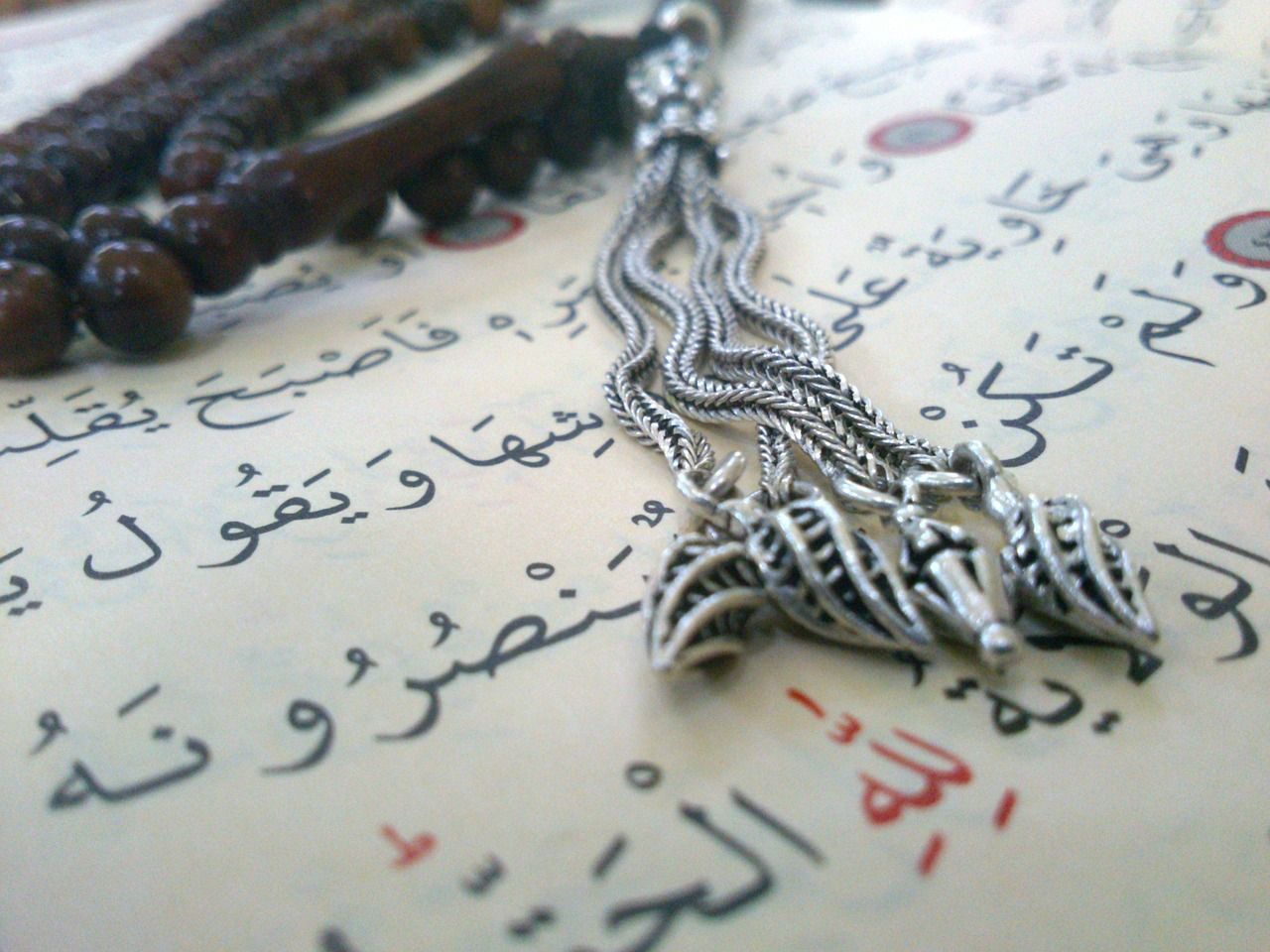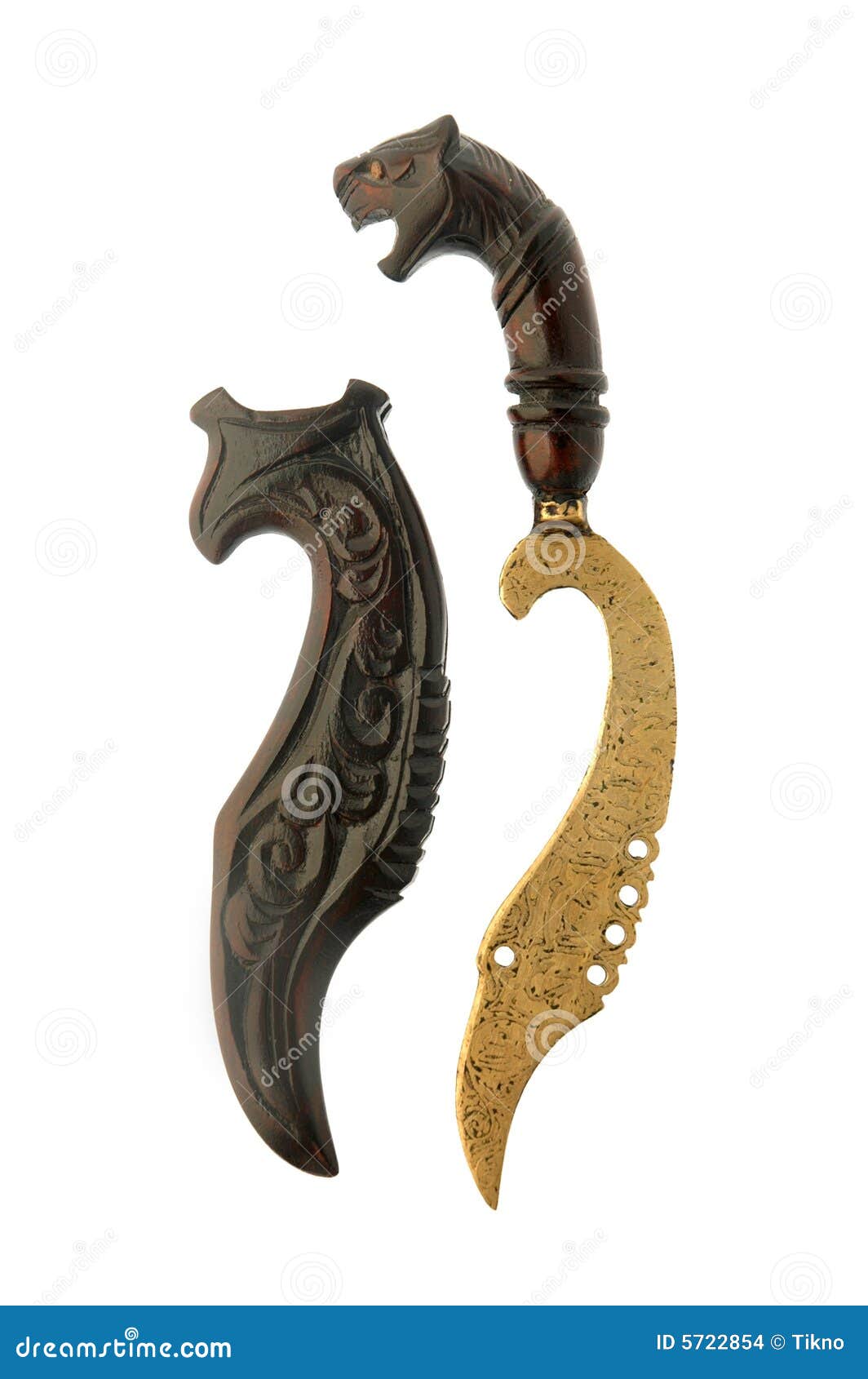

11 Al-Banjari s parents, 8 Abu Daudi, Riwayat Hidup Syekh Muhammad Arsyad al-banjari, International Seminar paper Pemikiran Syekh Muhammad Arsyad al-banjari (Banjarmasin, 2003), p This is traceable as follows: Arsyad bin Abdullah bin Abubakar bin Abdurrasyid bin Abdullah al-idrus al-magribi bin Abubakar al-hindi bin Ahmad bin Husin bin Abdullah bin Syaikh bin Abdullah al-idrus bin Abu Bakar as-sakrani bin Abdurrahman as-saqafi bin Muhammad Mawla ad-duwaylah bin Ali bin Alwi bin al-faqih al- Muqaddam Muhammad bin Ali bin Muhammad bin Ali Khala Qasim bin Alwi bin Muhammad bin Alwi bin Abdullah bin Ahmad al-muhajir Ilallah bin Isa an-naqib bin Muhammad an-naqib bin Ali al- Arid bin Ja far as-sadiq bin Muhammad al-baqir bin Ali Zainal Abidin bin Sayyidina Husin bin Ali bin Abi Talib, Sayyidatina Fatimah az- Zahra binti Muhammad. He had royal blood from Islamic Kingdom of Kebutantalan Sulu. However, historically, al-banjari s grandfather was from Mindanao, southern part of the Phillipines. 10 Al-Banjari was a prominent religious leader from Banjarmasin, South Kalimantan. 9 He passed away on 13 October 1710/6 Shawwa>l 1227 in Dalam Pagar Village, and was burried in Kalampayan, Martapura. Those who were involved in this network came from various countries with different scholarly tradition and brought them to Hammad. The source of this dynamic was the religious leaders network centralized in Mecca and Madi>nah. Introduction Azyumardi Azra stated that the 18 th century is one of the most dynamic eras in religious-intellectual history of Islam.


Keywords: Islamic education, paradigm, institution, method and material. The use of various books for studying was so illustrative. Above all, the material for religius study in Al-Banjari s period was deeper and wider compared to the era before Shakh his arrival. Micro method covers uswah h}asanah, h}alaqah, lecturing, and question and answer. Macro method includes contextualization, centralization and integralization. Third, the teaching methods used are macro and micro. Second, the institutional education introduced is a semi-formal education in which the study was concentrated in one place. First, the educational paradigm was under the umbrella of neo-sufism which emphasized on baya>ni>, irfa>ni> and burha>ni>. There are at least four significant points of Al- Banjari s thought on education. In this context, his thoughts are not only in the area of religion but also in education. 1 SHAYKH MUHAMMAD ARSYAD AL-BANJARI S THOUGHT ON EDUCATION Husnul Yaqin IAIN Antasari, Banjarmasin - Indonesia Abstract: Shaykh Muhammad Arsyad Al-Banjari is a religious central figure who has key roles in introducing new religious ideas in South Kalimantan.


 0 kommentar(er)
0 kommentar(er)
